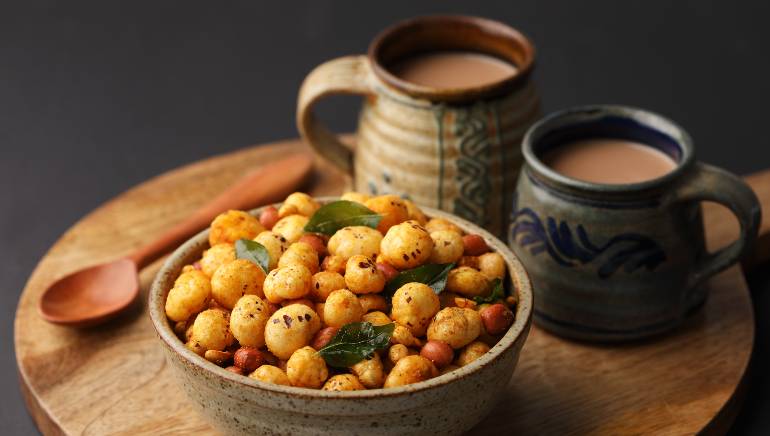
Hurtful thinking (anger), stress (when fatigue), lack of occupation (or mere boredom) or bad news (sheer anxiety), and there rises the engulfing urge to grasp a bar of chocolate or anything sweet. Also, when faced with a negative emotion, we tend to look for comfort in fatty and sugary foods. These cause a feeling of appeasement, which does not last, and can eventually lead to feelings of guilt, a new deleterious negative emotion. And then, there’s a vicious circle of sorts, of which we are not always aware. That’s until the scales tell us something is wrong
A food compulsion is a moment marked by loss of control, where you eat without real hunger, more than you would have liked. It happens to all of us from time to time. But if these slippages become numerous and recurrent, that one is unable to stop, the support of a specialist in eating disorders may be necessary.
Before arriving there, there are many techniques to stop “eating your emotions”. Take a step back, analyse your eating behaviour and understand the reasons for these slippages. This allows you to set up a strategy to thwart them.
When you refrain from a food, ice cream for example, you develop an obsession with it, you think about it all the time, and you end up cracking … in large quantities! Where we could have been satisfied with two scoops of ice cream in normal times, it is half the pot that goes in. And if this happens after a calorie restriction, the body will store more in anticipation of an upcoming “famine”. In short, no restrictive diet and no prohibited foods because they all lead to frustration, which further leads to deleterious slippages.

If you really want a chocolate cake at noon and you forbid yourself, there are huge chances that you will get revenge on a chocolate bar when you come home in the evening. Small pleasures are allowed as part of a balanced diet. If we offer ourselves a piece of chocolate cake, we will naturally want lighter things at the next meal. And chocolate, at the same time, will no longer be an “obsession”.
Restrictions do not allow you to lose weight in the long term. You have to be connected to your sensations, eat when you are hungry and stop eating when you are full. Make a note in your mobile or a diary of what you eat, and whether you really wanted to eat that meal or snack or not. This helps you connect with your body and emotional eating scenarios.
Stop weighing yourself every day, don’t let the numbers on the scale determine the mood of your day. Because dissatisfaction leads to restrictions which, as we have seen, lead to cracks. Weigh yourself once a week, knowing that the weight naturally varies from one to two kgs due to water retention. This varies depending on the hormonal period and the composition of the meal. If the latter is very salty, for example, or rich in starchy foods, it causes weight gain because salt retains water, just like carbohydrates.

When we eat under the influence of emotions, we eat just anything. The best way to overcome this is to eat mindfully, by being fully present in the moment, by enjoying the smell and the filling visuals of the meal, its wonderful taste and texture in your mouth. Eating mindfully allows you to improve your relationship with food and helps you to learn and respect feelings of hunger and satiety.
Keeping a check on your problematic emotions is crucial to not fall in the trap of unwanted eating patterns. If it’s boredom, make a phone call to your friend. In case of anger, just talk about it and express your triggers. If you feel anxious, take a bath while listening to relaxing music. In some cases, cognitive and behavioural therapies can help modify harmful automatic thoughts .
Eating a snack may be important, at times, when you’ve skipped lunch or have had a very active or hectic routine. But not just any snack, of course. Plan your snack in advance, especially when you fall for food. These should consist of foods high in fibre and protein that are satiating, unlike sugar.
Select Topics of your interest and let us customize your feed.
PERSONALISE NOW
It could be anything like a cup of curd or yogurt with some dried figs, any low glycemic fruit like a full apple or kiwi, a handful of almonds, a handful of makhanas, seed trail mix, handful of roasted chanas, etc.
Biscuits, pastries, jam, mithai, sweets or candies, dry cakes…just identify your trigger food. Make a list of problematic foods and remove them from your cupboards and fridge, to start with. Now simply reintroduce them when you are in society, with friends, or at a restaurant. Further, when you are mentally ready, you can reintroduce them back at home, making sure that you eat them only when you really want to and are not under any emotional bindings.